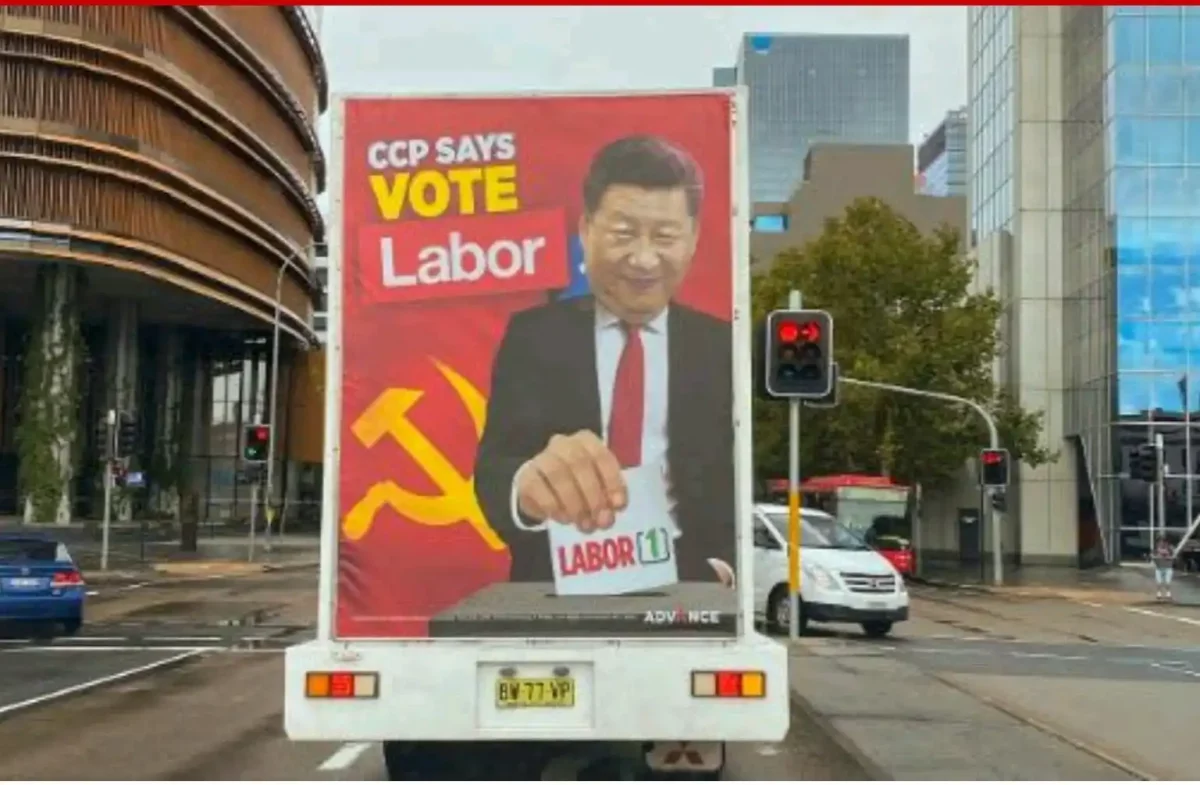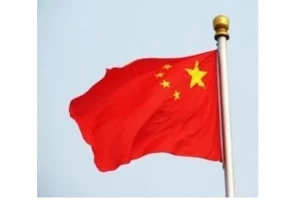Australia goes to the polls on May 21 to elect 151 members to its House of Representatives and about half in the Senate. The elections take place just as the four-member Quad grouping will meet in Tokyo for its second meeting with US President Joe Biden.
Of the 151 seats in the House of Representatives, the winning party will need to win at least 76 seats to form a government.
Currently, Prime Minister Scott Morrison's party, the Liberal-National coalition holds 76 seats while the Labour holds 68 while the rest seven are held by smaller parties and independents.
Our Govt has the economic plan to create 1.3m more jobs over the next five years.
Investing in manufacturing, skills, & new infrastructure & backing our regions & small businesses. That’s how we’ll create jobs right across the economy.
A strong economy means a stronger future. pic.twitter.com/MvFyjlzU7n
— Josh Frydenberg (@JoshFrydenberg) April 12, 2022
Despite a good management of the Covid-19 pandemic which ensured one of the lowest death rates for Australia in the world, Morrison faces an uphill task as some of his own partymen have been critical of him.
The Labor Party has inched ahead of Morrison's party just days before the country goes to elections on Saturday. Morrison faces one of Australia's longest-serving politicians and former deputy prime minister Anthony Albanese from the Labor Party.
Albanese has blamed the ruling party for mismanagement over wages and inflation.
Of the various issues like inflation and climate change, Morrison has been caught on the backfoot by the military pact between China and the Solomon Islands, a country that lies just 2,000 km away from Australia. Morrison's opponents have hit out at the ruling party for its failure to prevent China's expansion in the region. The Labour Party even likened it to the worst failure of Australian foreign policy in the Pacific region in 80 years.
Thanks to all the students at Cabra Dominican College for having @JuliaGillard, @PMalinauskasMP, @SenatorWong, Louise Miller-Frost, and my SA Labor team today in Adelaide. pic.twitter.com/Zy1cXJ6qtI
— Anthony Albanese (@AlboMP) May 20, 2022
Critics say that Australia was unable to persuade the Solomon Islands leadership, which means that Chinese navy will have a presence in Australia's neighbourhood. Under pressure from Australia, New Zealand and the US, Solomon Islands' Prime Minister Manasseh Sogavare hit out at Australia over its AUKUS nuclear deal, saying he came to know about it from the media.
It is not just the China-Solomon security deal that is hurting Morrison, China has given considerable grief to Morrison elsewhere also.
Earlier, the country down under was convulsed due to the pandemic that spread from Wuhan, China, followed by trade wars with the communist regime that hit the farming and mining sectors considerably.
Morrison also faces climate change as an election issue due to regular forest fires and floods where Morrison was seen as non-committal over reducing carbon emissions.
With results to be announced on May 23, and if Morrison gets a clear majority without coalition support, he just might make it to the Quad summit in Japan on May 24.
Also read: Chinese spy ship on mission close to Australia’s naval base raises concern




















